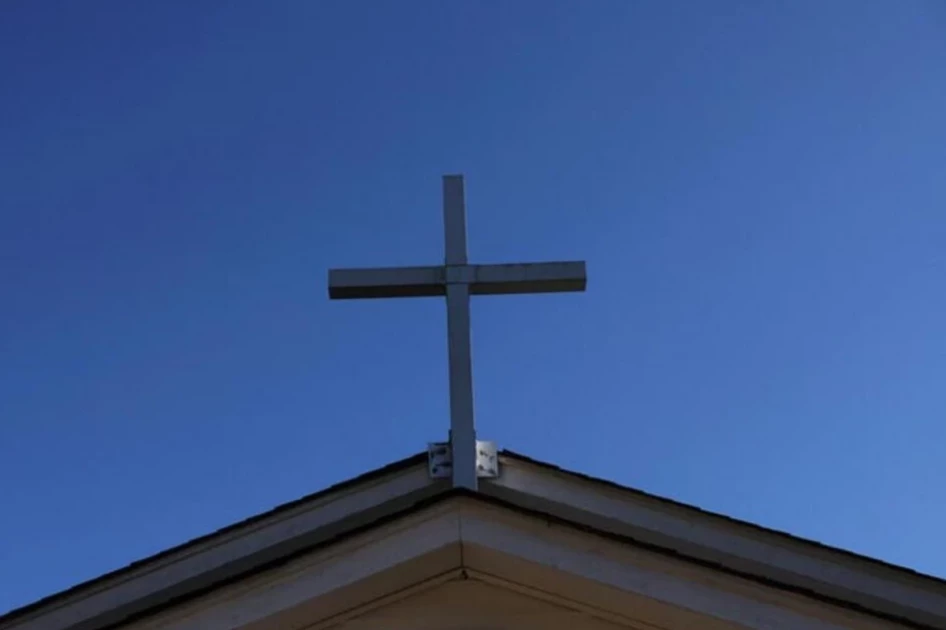The union of Pentecostal churches has voiced strong opposition to the recently proposed senate bill concerning the operation of churches.
During the opening of Pentecostal institutions (APVOTIK) in Nakuru, Reverend Ezekiel Mwendo, the union’s general secretary, stated that the bill should be forwarded to Parliament for further consideration and emphasized the need for public input on the matter.
Reverend Mwendo underscored the importance of involving the church in discussions, allowing them to provide their perspectives on the proposed regulations.
He expressed concern that the bill appears to be crafted without adequate consultation with religious leaders, who play a vital role in community cohesion and moral guidance.
The 2024 Religion Bill aims to establish a new operational framework for churches and other religious organizations with training institutions.
It includes strict penalties for those that fail to register, which the union believes is unjust.
According to the proposed legislation, church leaders engaged in fraudulent practices could face fines of sh. 5 million or imprisonment for up to ten years.
Such harsh penalties have raised alarms among church leaders, who fear they may be disproportionately targeted.
Additionally, the bill stipulates that a minimum of 25 members must be present for an organization to operate under the religious framework outlined in the legislation.
This requirement could marginalize smaller congregations that serve local communities, potentially limiting their ability to function effectively.
Bishop Dr. Caleb Oruko also expressed concern, noting that the bill’s progression has not reflected the wishes of the public.
He highlighted the need for transparency in the legislative process, urging lawmakers to hold public forums where community voices can be heard.
Many church leaders feel that the bill could lead to unnecessary bureaucratic hurdles and inhibit religious freedoms.
As the debate continues, the union is calling for a dialogue with lawmakers to ensure that the final legislation respects the rights of religious organizations while also addressing any legitimate concerns about accountability and transparency.
ODM Party Disavows Impeachment Plans Against Deputy President Gachagua

